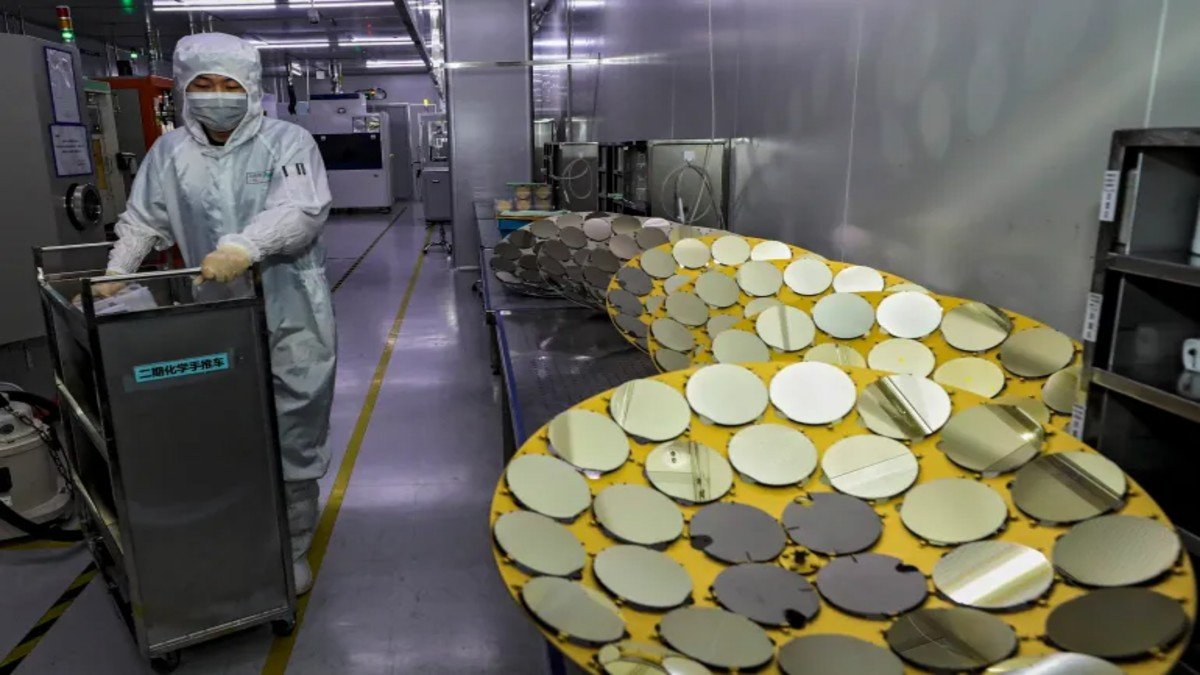China has escalated its ongoing technological conflict with the United States by announcing a ban on the export of critical rare earth minerals essential for semiconductor manufacturing. This strategic move, revealed on Tuesday, follows the US’s expansion of export restrictions targeting advanced chips bound for China. These measures are part of a broader battle for dominance in high-tech industries, including artificial intelligence (AI) and clean energy.
What Sparked the Latest Escalation?
On Monday, the US unveiled a series of sanctions, including restrictions on high-bandwidth memory chips and advanced chip-making equipment. These measures aim to curb China’s progress in developing advanced AI technologies and high-tech weaponry. Additionally, Washington added 140 Chinese companies to its “entity list,” further limiting their access to US technology and expertise.
In response, Beijing imposed a ban on the export of key materials such as gallium, germanium, and antimony, all critical components for semiconductors, military equipment, and other industrial applications. The move builds on earlier restrictions, including licensing requirements for these minerals, introduced in mid-2023.
The Strategic Value of Rare Earth Minerals
Rare earth elements, while mined in small quantities, are indispensable for modern technologies. Gallium is vital for LED screens, solar cells, and advanced weapons systems, while antimony is essential for batteries and military equipment like night-vision goggles. China currently dominates global production, accounting for 98% of gallium exports in 2022.
The US, which relies on China for nearly half its gallium and germanium supply, faces significant challenges. Domestic production is minimal, and alternative sources, like Taiwan, are under geopolitical strain due to escalating US-China tensions.
Implications for Global Trade and Technology
The ripple effects of this trade war are far-reaching. Supply chain disruptions and rising material costs threaten global semiconductor manufacturers and related industries. For instance, the price of antimony has already surged, exceeding $25,000 per tonne in 2024, with similar trends for gallium and germanium.
As both nations double down on restrictions, the broader tech industry is bracing for higher costs and delayed innovations. Meanwhile, countries like Japan and the Netherlands are considering aligning their policies with US-led restrictions, further straining global supply chains.
What Lies Ahead?
With both superpowers locked in a tit-for-tat battle, experts predict heightened tensions. The US is expected to impose additional restrictions under President Trump’s administration, aiming to thwart China’s technological ambitions. However, this aggressive stance risks exacerbating global economic challenges, raising the stakes for industries reliant on semiconductors and rare earth minerals.
In the high-stakes tech war between China and the US, the future of innovation, supply chain stability, and global economic health hang in the balance.
